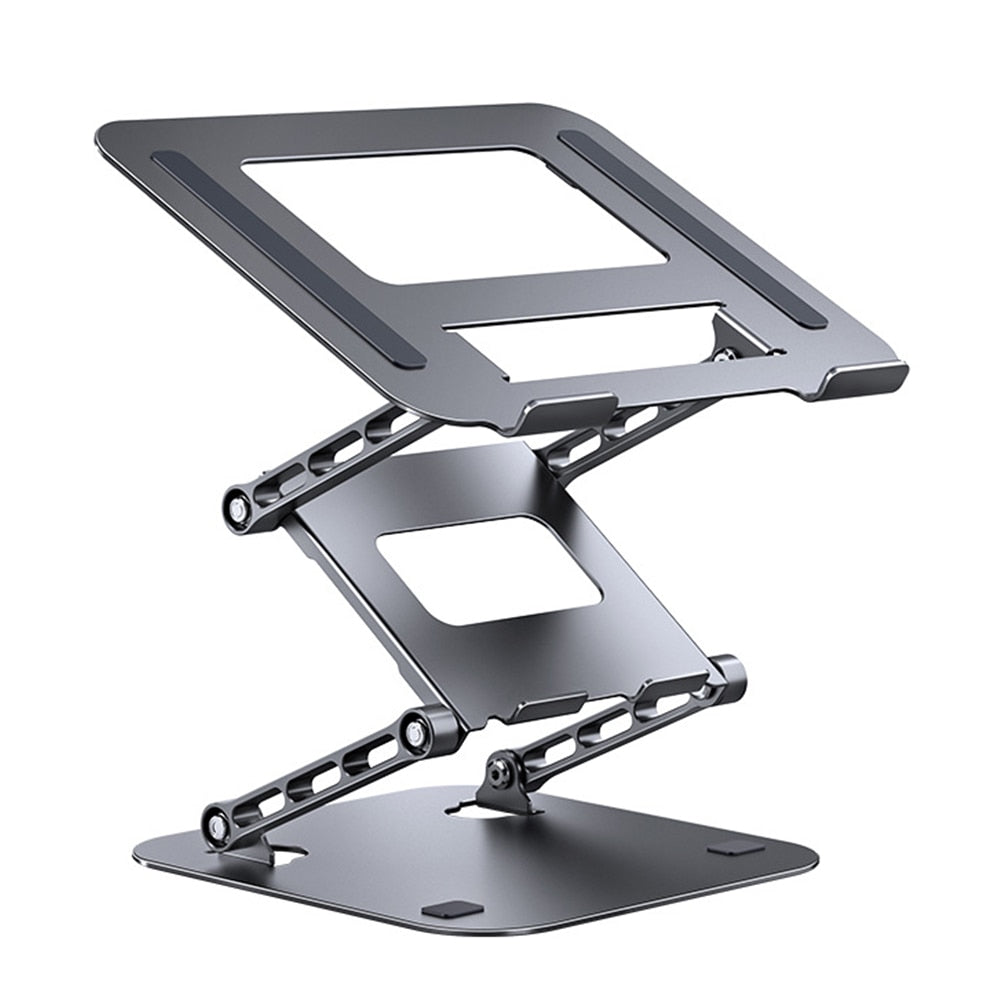All You Need To Know About Neck Pain
Neck pain is a common ailment that affects people of all ages. Whether it's a mild discomfort or a chronic issue, neck pain can significantly impact your quality of life. In this article, we will delve into the world of neck pain, exploring the causes, symptoms, and treatment options for common neck problems. Understanding neck pain is the first step towards finding neck pain relief and improving your overall well-being.
Common Causes of Neck Pain:
1. Poor Posture can lead to persistent neck pain. Slouching or hunching over screens for extended periods can strain the muscles and ligaments in your neck.
2. Muscle Tension is often linked to neck pain from stress. Stress and anxiety can lead to muscle tension in the neck and shoulders, causing pain and discomfort.
3. Injuries, such as neck pain from a car accident or sports-related incidents, can result in damage to the neck's structures, leading to pain and limited mobility.
4. Degenerative Conditions like osteoarthritis, cervical spondylosis, and herniated discs are known to cause chronic neck pain.
Symptoms of Neck Pain:
2. Neck pain can manifest as a sharp or dull ache, leading to discomfort and restlessness.
3. Numbness and tingling often accompany neck pain when nerves in the neck are compressed or irritated. This sensation may extend to the arms and hands.
4. Headaches are a common outcome of neck pain, often neck pain headaches that radiate from the neck to the head.
Common Neck Problems:
1. Cervical Spondylosis: This degenerative condition, also known as neck arthritis, results from the wear and tear of the discs and joints in the neck, leading to pain and reduced mobility.
2. Herniated Disc: A herniated disc in the neck can put pressure on nearby nerves, causing pain, numbness, and weakness in the arms and hands.
3. Whiplash typically occurs due to car accidents and results from the neck being forcefully jerked back and forth, causing injury and pain.
4. A pinched nerve in the neck can cause pain, numbness, and weakness in the arms and hands.
Treatment Options:
1.Rest and physical therapy for neck pain are common recommendations. Engaging in physical therapy exercises can help alleviate neck pain and improve flexibility and strength.
2.Cervical Traction Pillows: Cervical traction pillows provide gentle stretching and support for the neck, which can help relieve pressure and discomfort. They are particularly useful for those with conditions like herniated discs and pinched nerves.
3.Cervical Pillows: Using a specialized cervical pillow, designed to support the natural curve of your neck, can help improve sleep quality and alleviate neck pain. These pillows are especially beneficial for those experiencing neck pain at night.
4 In some cases, wearing a neck brace can provide support and alleviate pain.
Medications such as non-prescription pain relievers, muscle relaxants, or anti-inflammatory drugs may be recommended for neck pain relief.
5. Applying heat and ice for neck pain can reduce pain and inflammation.
Corticosteroid injections are recommended for severe neck pain and inflammation.
6.Neck pain surgery is typically considered a last resort and is only necessary for severe cases of neck pain or conditions like herniated discs.
Neck pain is a prevalent issue that can result from various causes, and it can be both acute and chronic. By understanding the common causes, symptoms, and available treatments for neck pain, individuals can take proactive steps to manage and alleviate their discomfort. If you are experiencing persistent or severe neck pain, it's crucial to consult with a healthcare professional for a proper diagnosis and treatment plan. Remember, knowledge is the first step to finding neck pain relief and improving your overall neck health.

